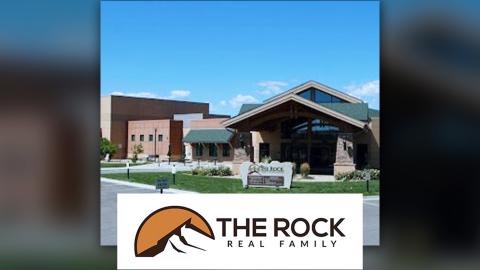'They've Got a Gravy Train': House Bill Aims to Hold Colleges Accountable as Student Costs Soar
WASHINGTON – The average cost of a college education has nearly tripled over the past four decades, and there's no sign it's slowing down.
The White House is currently engaging in another controversial effort to erase college loans on the back end, even though the Supreme Court ruled against President Biden's first attempt last summer.
This time the Biden administration plans to send an email to 153,000 people, informing them they qualify for student loan forgiveness that would cancel $1.2 billion in debt.
On Capitol Hill, House Republicans say they have a solution to stop students from getting priced out of college in the first place.
The average annual cost of a public 4-year university was just under $11,000 per year for in-state students last year. That number goes up to about $28,000 if you're out of state.
North Carolina Republican Rep. Virginia Foxx says it's out of control. "I want to preserve in this country the opportunity for people to get a good education and work hard and succeed," she said.
Foxx's College Cost Reduction Act aims to lower the cost of school by shifting some of the student debt to the colleges themselves.
"Colleges have no incentive whatsoever to hold down the cost of getting an education because Congress has appropriated more and more money and colleges have raised their tuition in accordance with that. What we want to do is have the colleges have skin in the game," Foxx said.
The bill would change how much students could borrow on the front end for school. It would also put colleges on the hook for loan repayments if a student failed to pay their debts while also changing funding for schools based on student outcomes.
Foxx says the plan is better than the attempted loan cancellation by the Biden administration.
"The students take unsustainable debt, they can't pay it back, and then the taxpayers go on the hook for it. The Biden administration is trying to accelerate that process by trying to transfer the debt that students have accrued themselves to the taxpayers. That is wrong," she said.
Some higher education groups raised concerns that schools have no control over how students perform in the labor market and shouldn't be held responsible for failed loan repayments.
Democrats argued that limiting federal student loans would force students into the private student loan market.
Rep. Bobby Scott (D-VA) said, "On balance, the havoc this bill would wreak on our higher education system and the pain it would inflict on students and families far outweigh any minor improvements the bill may make."
"Colleges and universities don't want anything to change, they've got a gravy train right now. They want it to stay the way it is, we want them to be accountable," Foxx said.
The House Education Committee approved the higher ed overhaul along party lines. The bill now awaits a date on the House floor.




